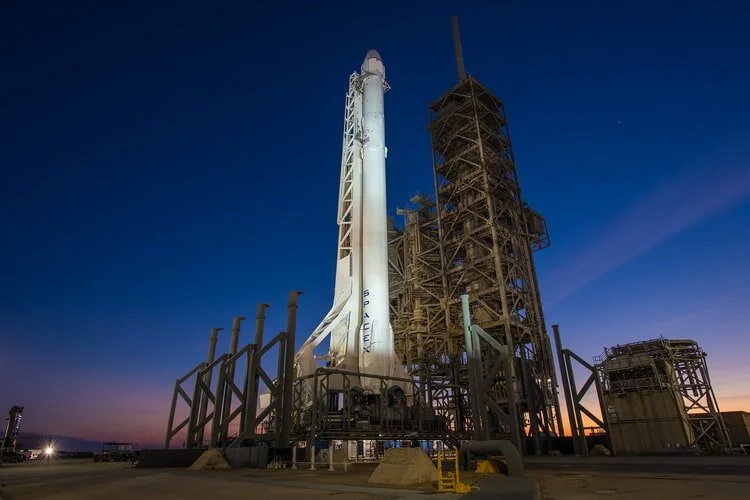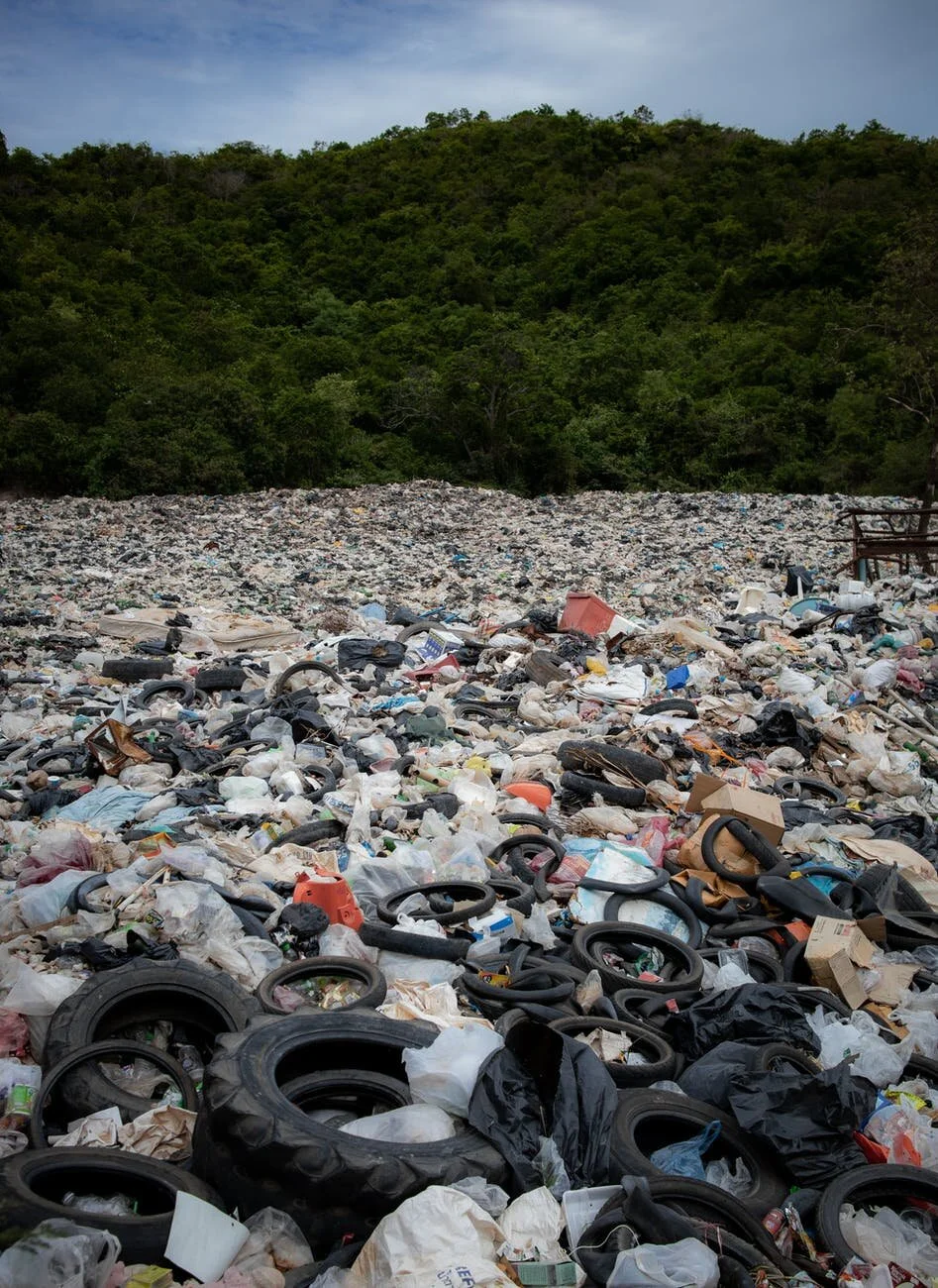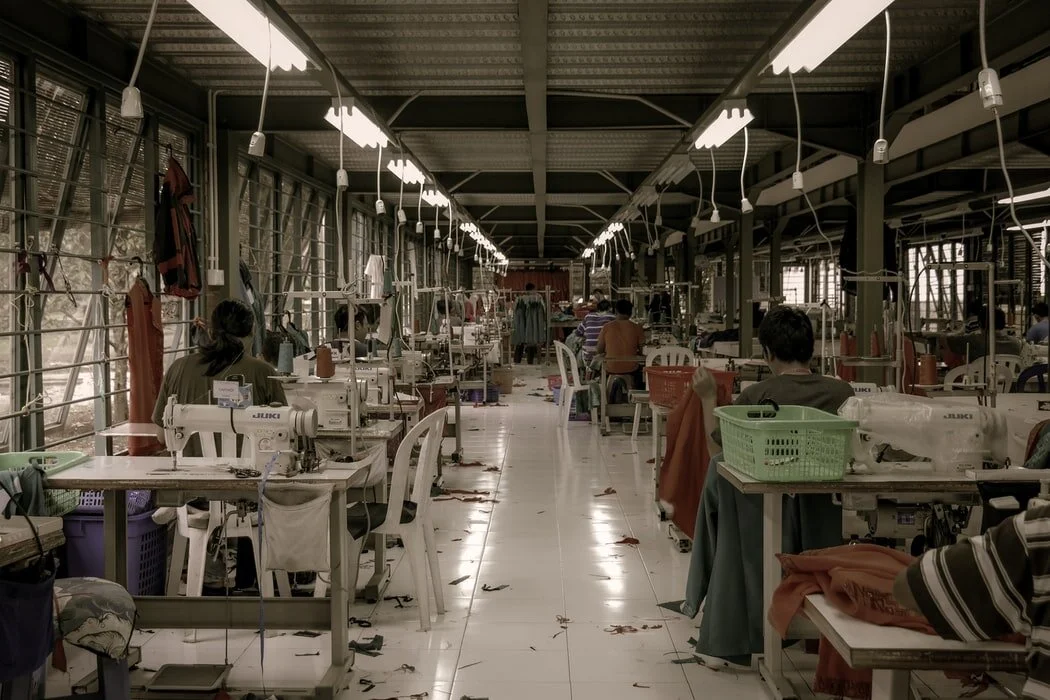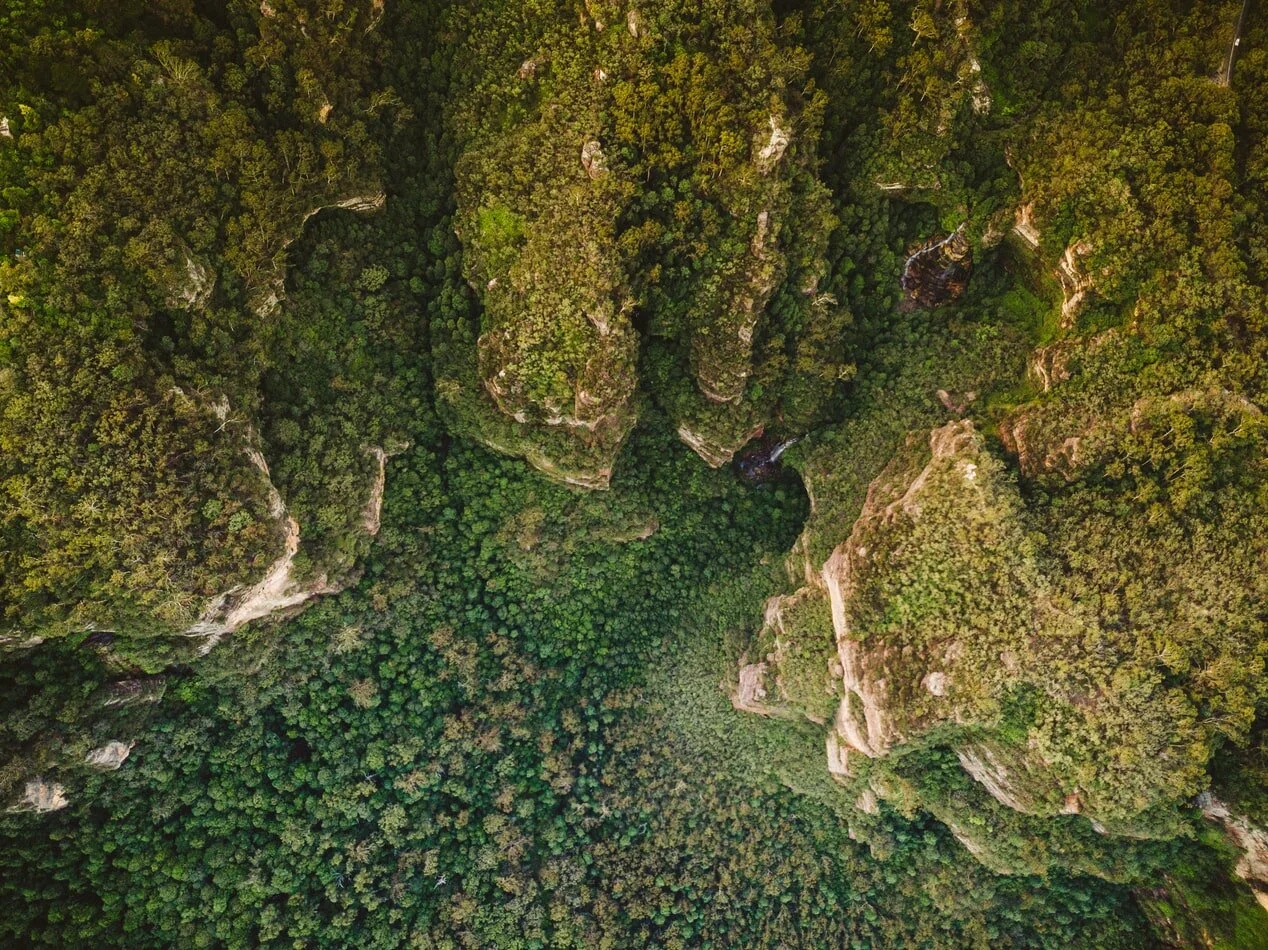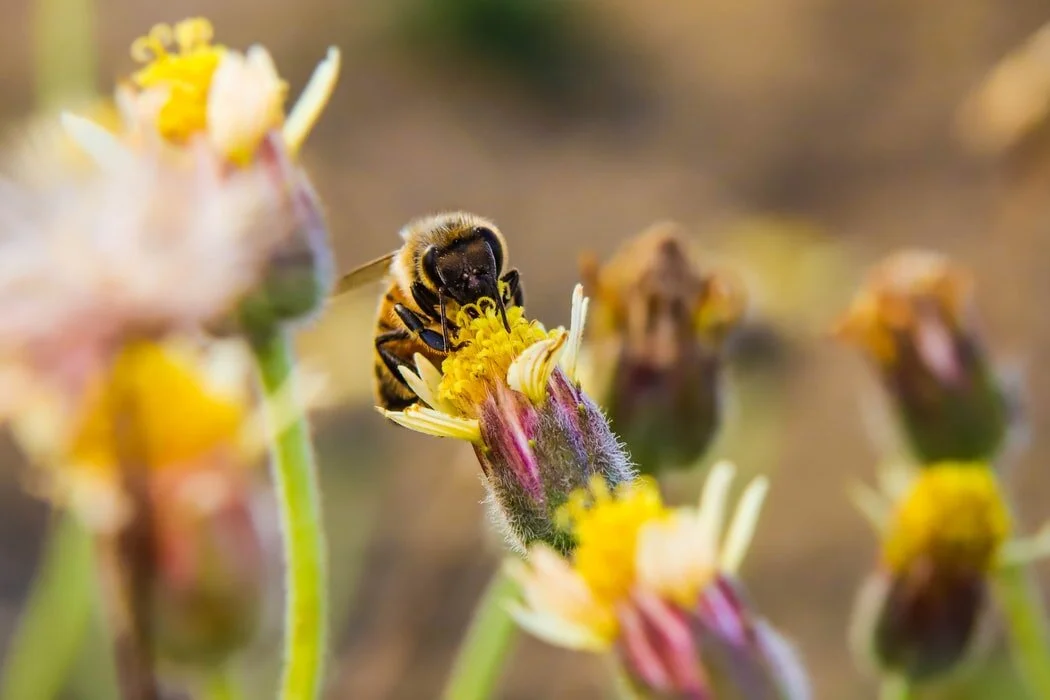One Giant Cost for Mankind
Water on the moon looks to be more abundant and accessible than previously thought, which is good news for all those considering a future lunar economy. Lunar water offers the potential of lunar manufactured rocket fuel, which means more efficient space exploration of other heavenly bodies. But before we view the solar system as the next wild west it might be worth reminding ourselves of the real costs of ‘freedom in the commons’ and ensure this understanding shapes our celestial adventures.
“Ruin is the destination toward which all men rush, each pursuing his own interest in a society that believes in the freedom of the commons. Freedom in a commons brings ruin to all”
(Hardin, 1968)
The ‘commons’ refers to a common pool of natural resources that are not government or privately owned i.e. the oceans, the atmosphere … and outer-space. Let’s consider our track record in managing these commons:
Oceans > An estimated 4.8–12.7 million metric tonnes of plastic entered the world's oceans from land-based sources in 2010 alone, and this flux of plastics into the oceans is predicted to increase by an order of magnitude by the end of 2020. Plastic waste reduces the benefits humans derive from fisheries, aquaculture, materials for agricultural use, heritage (i.e. the cultural and/or emotional value we place on charismatic marine organisms including sea birds, turtles etc.) and experiential recreation in the order of 1-5%. The cost of freedom in the marine commons, is estimated to be up to c. GBP 1.9 trillion per year.
Atmosphere – Air Quality > Burning fossil fuels, primarily coal, oil and gas emit particulate matter (PM2.5), nitrogen oxide (NO2) and ozone, all of which contaminate the air that we breathe and have dangerous effects on human health. It has been estimated that exposure to PM2.5 is responsible for 7.7 million asthma-related hospital trips each year and the death of around 3 million people due to cardiovascular disease, respiratory disease and lung cancer worldwide. A further estimated 1 million people die prematurely due to ozone pollution and 500,000 people due to NO2. The cost of freedom in the atmospheric commons, is estimated to be GBP c. 6 billion a day / GBP 2.2 trillion per year.
Atmosphere – Climate Change > Burning fossil fuels (in combination with land use change) also releases greenhouse gases into the atmosphere and contributes to climate change. The cost of this climate change (in terms of extreme weather damage, real estate losses through rising sea levels, increased energy demands and supplying water to water stressed regions etc.), a further example of freedom in the atmospheric commons, is estimated to be GBP 2.3 trillion per year (based on a unit external cost of CO2e, equal to GBP 70 per tonne and 33 billion tonnes of annual CO2 emissions).
Space > Although we have not quite established the lunar base, humanity has been increasingly busy exploiting the Earth’s orbit, in particular the low-earth orbit (LEO), through the launch and operation of functional satellites. By the end of 2019 the number of LEO satellites totalled 1,468 with a further 132 in medium earth orbit, 56 in elliptical orbit and 562 in geosynchronous orbit. This increase in orbital use, particularly over the last 10 years, has led to an accumulation of space debris – from both discarded payload components to orbital collisions to intentional destructions. All in all, more than 20,000 objects larger than 10 cm are currently catalogued and tracked by the US Air Force Space Surveillance Network. Meanwhile, the total (untracked) amount of debris greater than 1 millimetre and less than 10 cm has been estimated to be almost 130 million. The cost of this debris and freedom in the space commons, in terms of improved design (e.g. satellite shielding), operations (e.g. space situational awareness), orbit clearance and insurance, amount to an increase of 5 to 10% of total mission costs, approximately GBP 7 billion per year. In a worst-case scenario, researchers suggest that the low-earth orbit could be rendered unusable for future generations, because collisions and the continued generation of debris would become self-sustaining, the so-called Kessler syndrome
Therefore, our commons management track record shows (in just four examples) we are imposing an annual societal cost equal to GBP 6.4 trillion per year. In essence, we are eroding 10 per cent of global GDP, annually. Interestingly, these four examples show that marine and atmospheric pollution are societal problems of a similar magnitude to climate change, but apparently do not proffer the same level of political capital.
Given our poor track record in commons management, what can be done before the 21st century ‘space race’ really gets moving? To manage the commons, evidence from the field and research around the world (often led by Elinor Ostrom) has shown ‘rules based’ regimes lead to effective commons management, but only if the rules are generally known, understood, considered relatively legitimate, followed, and enforced. It will be interesting to see how such rules develop for space exploration.
An alternative might comprise a ‘space commons assurance bond’. This mechanism would require commons participants (e.g. Space X, Virgin Galactic etc.) to make financial down-payments before take-off, equal to the value of probable space commons damage / clean-up cost resulting from the celestial activities (e.g. space debris). The bond of course being fully repaid once its proven no remediation is necessary. Where might Route2 fit in to this commons management strategy? We are capable and willing, with partners, to help structure, issue and manage the bond.
Route2 delivers unique insights into the total impact of business activities. We offer businesses expert advice and analysis about historical and future performance. Our services (coined Value2Society) strengthen decision making, establish competitive advantage and enhance the value business delivers to society.
To find out more, email us at info@route2.com or phone +44 (0) 208 878 3941
Follow our social media to never miss a post:

